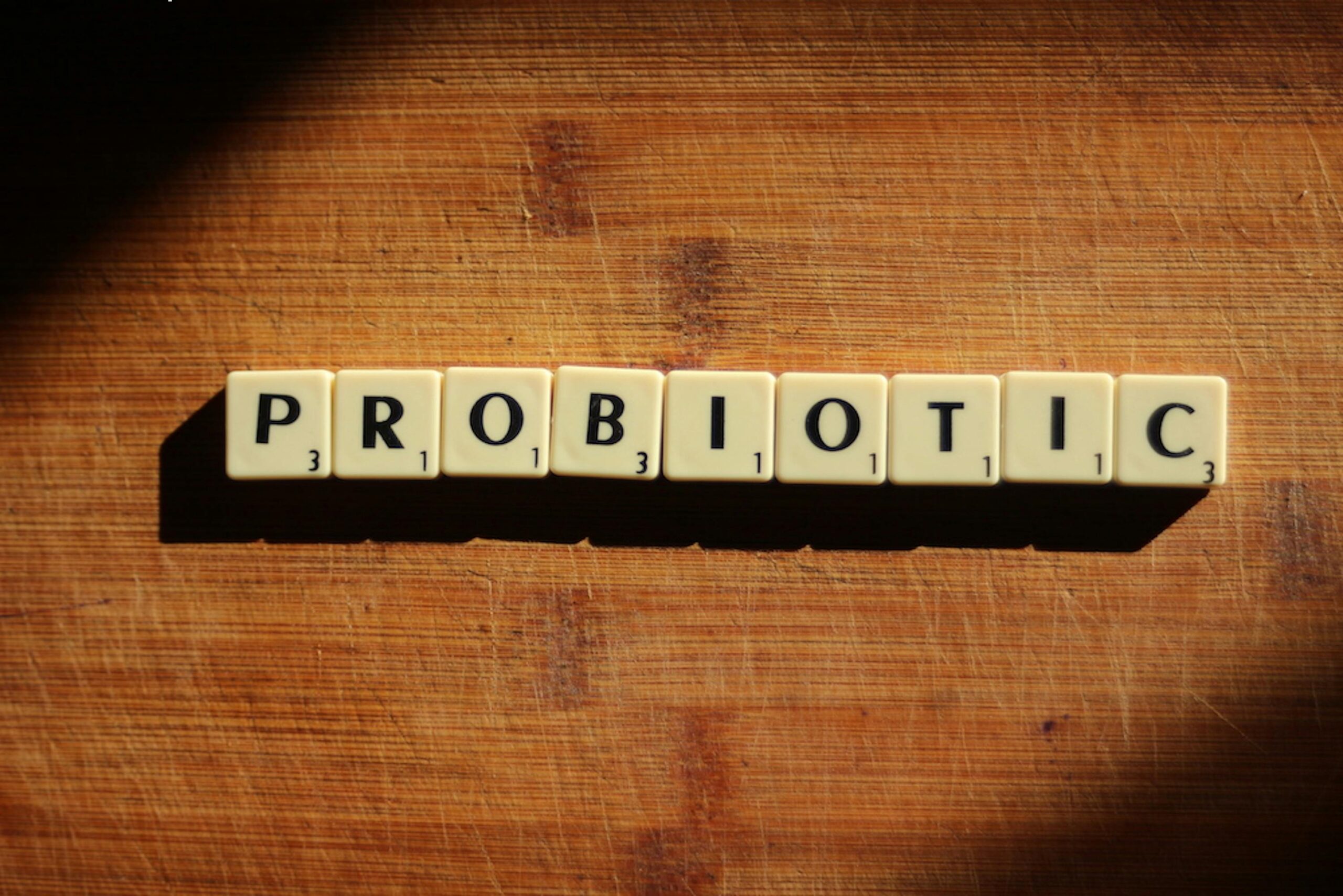For centuries, the human gut has been a captivating mystery. Now, with advancements in scientific research, we’re starting to understand the intricate ecosystem that thrives within us. Probiotics, a class of live microorganisms, have emerged as a key player in gut health, potentially influencing everything from digestion to immune function. This article delves into the fascinating world of probiotics, exploring their benefits, potential applications, and the ongoing research shaping our understanding of this revolutionary field.
A Universe Within: Unveiling the Gut Microbiome
Our gut is home to a vast and diverse community of trillions of microorganisms, collectively known as the gut microbiome. This complex ecosystem comprises bacteria, fungi, and other microbes that play a crucial role in various bodily functions:
- Digestion and Nutrient Absorption: Gut microbes break down food, extract nutrients, and aid in the production of essential vitamins like vitamin K.
- Immune System Regulation: The gut microbiome interacts with the immune system, influencing its ability to fight off pathogens and maintain overall health.
- Mood and Brain Function: Recent research suggests a potential connection between the gut microbiome and brain health, impacting mood, anxiety, and even cognitive function.
Disruption and Imbalance: The Rise of Gut Dysbiosis
Modern lifestyles and dietary choices can disrupt the delicate balance of the gut microbiome, leading to a state called dysbiosis. This imbalance can be associated with a variety of health problems:
- Digestive Issues: Symptoms like bloating, constipation, and diarrhea may arise when the gut microbiome is out of balance.
- Skin Conditions: Research suggests a potential link between gut health and skin problems like eczema and acne.
- Autoimmune Diseases: Some research suggests that gut dysbiosis might play a role in the development of autoimmune diseases.
Probiotics: Restoring Balance and Promoting Health
Probiotics are live microorganisms that offer potential health benefits when consumed. They work by:
- Replenishing Beneficial Bacteria: Probiotics can help replenish beneficial bacteria in the gut, restoring balance to the microbiome.
- Promoting Growth of Beneficial Bacteria: Probiotics can create a favorable environment for the growth of other beneficial gut microbes.
- Competition with Harmful Bacteria: Probiotics compete with harmful bacteria for space and resources, limiting their growth and potential negative effects.
A Diverse Landscape: Types of Probiotics
Different strains of bacteria and other microbes fall under the umbrella of probiotics:
- Lactobacillus: A common type of probiotic found in fermented foods like yogurt and sauerkraut.
- Bifidobacterium: Another common probiotic strain found in yogurt and some cheeses.
- Saccharomyces Boulardii: A type of yeast sometimes used as a probiotic to treat antibiotic-associated diarrhea.
Probiotics on the Shelf: Choosing the Right Supplement
With the growing popularity of probiotics, a vast array of supplements has flooded the market. Choosing the right one for you may require some research:
- Strain Specificity: Different probiotic strains offer different benefits. Look for supplements that list specific strains and their associated benefits.
- CFU Count: CFU (Colony Forming Units) measures the number of live bacteria per serving. Generally, a higher CFU count indicates a more potent probiotic supplement.
- Formulation Considerations: Choose a product stored in a cool, dry place to ensure viability of the live bacteria. Some probiotics may need refrigeration.
- Consult a Healthcare Provider: Discuss probiotic use with your doctor, especially if you have an underlying health condition.
Beyond the Hype: The Science Behind Probiotics
While research on probiotics is actively evolving, there’s evidence suggesting their potential benefits in various areas:
- Digestive Health: Probiotics can be helpful in managing symptoms of diarrhea, constipation, and irritable bowel syndrome (IBS).
- Immune Function: Studies suggest that probiotics may enhance the immune response and reduce the risk of infections.
- Allergic Diseases: Probiotics might play a role in preventing allergies and atopic dermatitis (eczema) in infants.
- Mental Health: Emerging research suggests a link between gut health and mental health issues like anxiety and depression.
Probiotics: A Promising Future for Wellness
Research on probiotics is ongoing, with scientists continually exploring their potential applications:
- Personalized Medicine: Understanding the individual gut microbiome could pave the way for personalized probiotic recommendations.
- Mental Health Management: Probiotics may play a role in the future of mental health therapies.
- Chronic Disease Prevention: Research is exploring the potential of probiotics for preventing chronic diseases like inflammatory bowel disease and certain cancers.
A Balanced Approach: Probiotics Aren’t a Magic Bullet
While probiotics offer promise, it’s crucial to maintain realistic expectations:
- They aren’t a cure-all: Probiotics are not a magic bullet for any health condition. Lifestyle modifications like a healthy diet and regular exercise remain essential for overall well-being.
- Quality Matters: Not all probiotic supplements are created equal. Choose reputable brands that prioritize quality and scientific backing.
- Individual Response: The effectiveness of probiotics can vary based on the individual and their specific gut microbiome.
- Consult a Healthcare Professional: Always discuss probiotic use with your doctor, especially if you have an underlying health condition or are taking medication.
The Future of the Gut: Embracing the Microbiome Revolution
The human gut microbiome is a complex and fascinating ecosystem with a profound impact on our overall health. Probiotics offer a natural approach to restoring balance and potentially promoting gut health. As research progresses and personalized recommendations become possible, probiotics hold immense potential for revolutionizing preventative and therapeutic health approaches. By embracing the power of the gut microbiome and utilizing evidence-based strategies like probiotics, we can pave the way for a future of optimized gut health and overall well-being.
